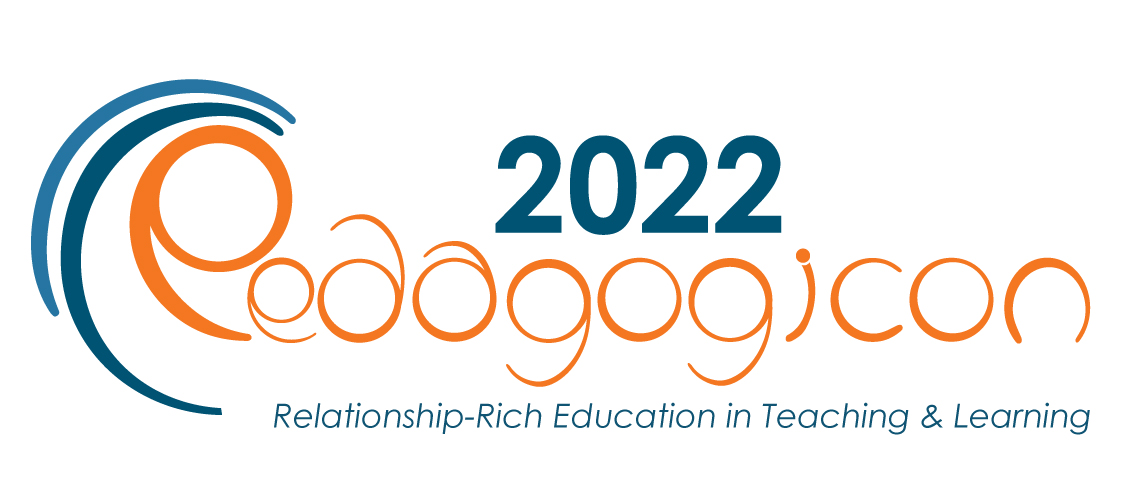Abstract
The purpose of this project was to train university tutors to improve their support of bilingual students (ESL/ELL students). We developed an evidence-based training session that emphasizes university connectedness and cultural inclusion. This one-hour training included background information, tutoring tips, and time for discussion. The majority of tutors (44 out of 47) reported learning something helpful they could use when tutoring. While this intervention was specifically designed to target bilingual students, most evidence-based tips discussed here are applicable to all students. It is crucial to provide tutors with the skills and resources necessary to better connect with their students.
Author Biography
Dr. Sara Incera is an Associate Professor in the Psychology Department at Eastern Kentucky University. She teaches cognitive psychology and research methods in person and online. Sara is the director of the Multilingual Laboratory, and her research interests include the psychology of bilingualism and foreign accents.
Haleigh Hamilton is an undergraduate student at EKU with a double major in Psychology and Spanish. She is a member of the International Honors Society in Psychology and works in the Multilingual Laboratory as the Research Coordinator. Her research interests include language, bilingualism, and mental health.
Angie Marroquin is an undergraduate student at EKU with a double major in Psychology and Spanish. She is in the Honors and the McNair Scholars programs. She is a Research Assistant and the Translator Coordinator at the Multilingual Laboratory. Her research interests include language, Latinx populations, and mental health.
Dr. Socorro Zaragoza is an Associate Professor of Spanish in the Department of Language Cultural Studies, Anthropology, and Sociology at EKU. She is a longtime advocate of equity for diverse students. Her areas of interest are Afro-Hispanic Culture and Literature. She coordinates “El Centro”, where students receive support to navigate college life.
Trenia Napier is a University Librarian and director of operations at Eastern Kentucky University’s Noel Studio for Academic Creativity. In this role, she coordinates the development of resources, spaces, and services that support students in developing effective writing, speaking, research, and multimodal communication skills.
Dr. Lara Vance is the Dean of Students at Eastern Kentucky University. Prior to her current role, she developed EKU’s Student Success Center, directing the Chellgren Success Series and the EKU Gurus program. She also assisted with the development of the SAFE emergency fund for EKU students.
Dr. Ashley Sweat is the Director of the Student Success Center at Eastern Kentucky University. She previously served as an academic advisor for undeclared students and director of the Upperclass Academy for Diverse Students. Dr. Sweat credits Upward Bound for her desire to help students become personally and academically successful.
Dr. Judy Jenkins is the Director of the Center for STEM Excellence and an Associate Professor in the Chemistry Department at EKU. In these roles she facilitates experiences for students to use math and science to solve societally relevant challenges, so these students come to see themselves as world-changers.
Author's Notes
Correspondence concerning this article should be addressed to Sara Incera, Multilingual Laboratory, Department of Psychology, Eastern Kentucky University, 521 Lancaster Ave, Richmond, KY 40475. E-mail: sara.incera@eku.edu



